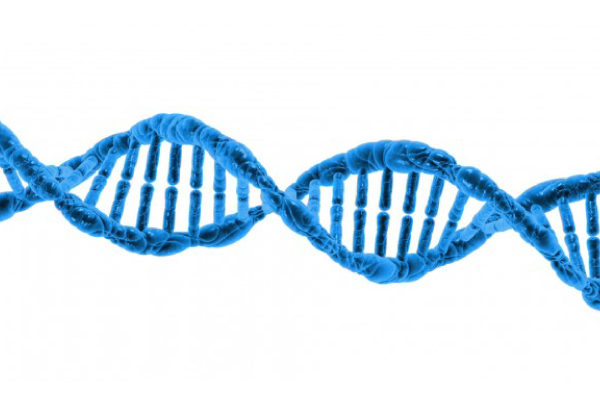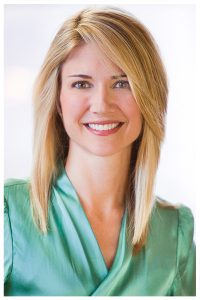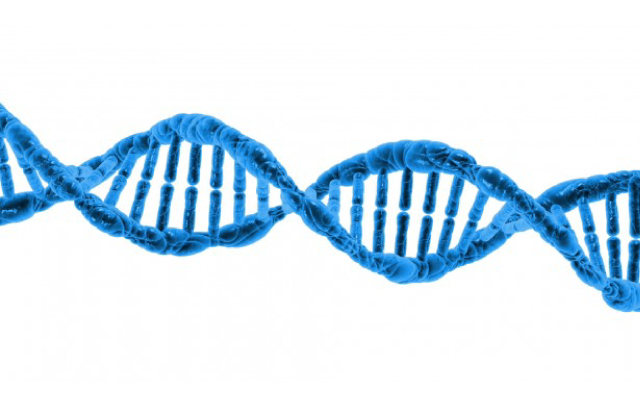Breast Cancer Genetic Counseling


Denise Hartoin Reddy, MD
Angelina Jolie’s op-ed piece in The New York Times about her prophylactic double mastectomy raised awareness about women at high risk for breast cancer but did little to improve women’s understanding of their individual risk, according to a University of Maryland study published in December 2013 in Genetics Medicine.
What does increase accuracy of risk perception is genetic counseling, according to a comprehensive review in the February 2014 issue of Annals of Internal Medicine.
Scottsdale Medical Imaging (SMIL) has been working with area physicians and the Virginia G. Piper Cancer Center to improve identification of highrisk women and encourage them to see a genetic counselor, says Denise Hartoin Reddy, MD, a specialist in breast and women’s imaging at SMIL.
Reddy says SMIL tries to balance between supporting clinicians who are comfortable doing the assessments in their offices and providers who want to refer their patients for counseling.
Still, about 50 percent of women who are high-risk decline counseling and testing, Reddy says, in part because they fear the answer or fear losing health insurance. Another barrier has been cost.
“Now some of those barriers have changed. Under the Affordable Care Act, exclusions for preexisting conditions are banned,” Reddy says, “and if you meet certain criteria, then the insurance plan should cover the counseling and testing.”
References
Borzekowski D, Guan Y, Smith K, Erby LH, Roter DL. The Angelina effect: immediate reach,
grasp, and impact of going public. Genet Med. 2014 Jul;16(7):516-21. doi:10.1038/gim.2013.181
Nelson H, Pappas M, Zakher B, Mitchell JP, Okinaka-Hu L, Fu R. Risk assessment, genetic
counseling, and genetic testing for BRCA-related cancer in women: a systematic review to update
the U.S. Preventive Services Task Force Recommendation. Ann Intern Med. 2014 Feb
18;160(4):255-266.


